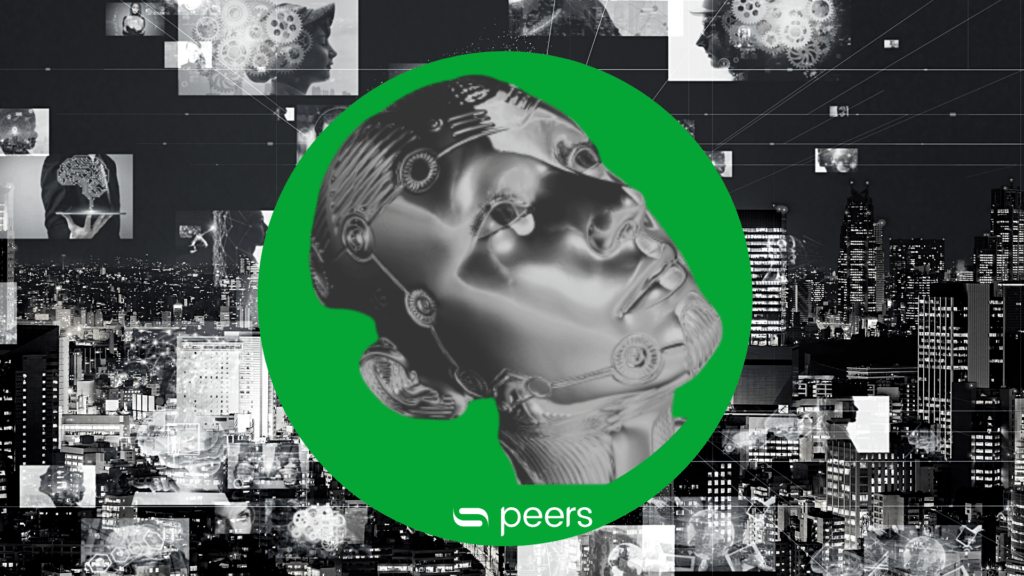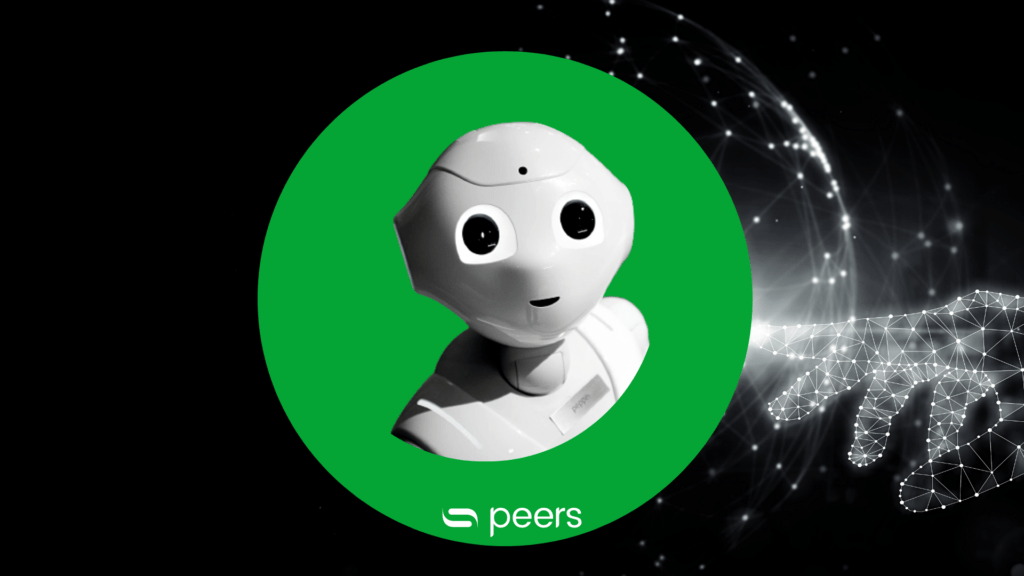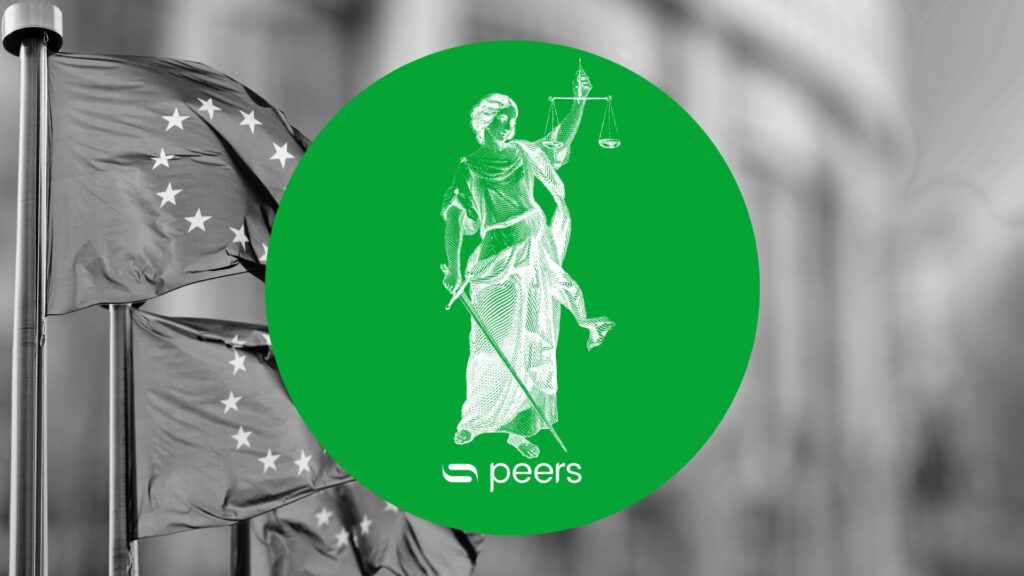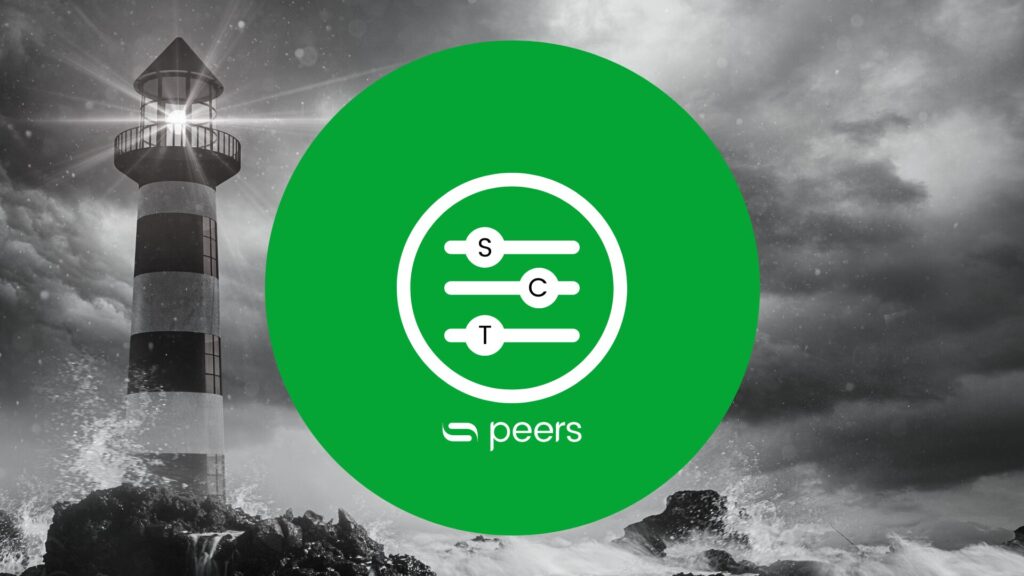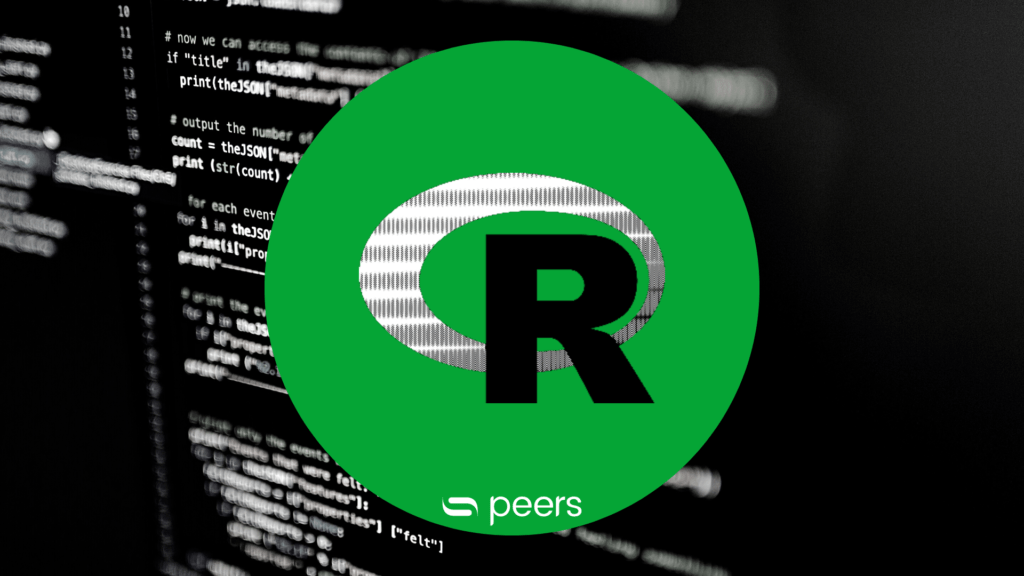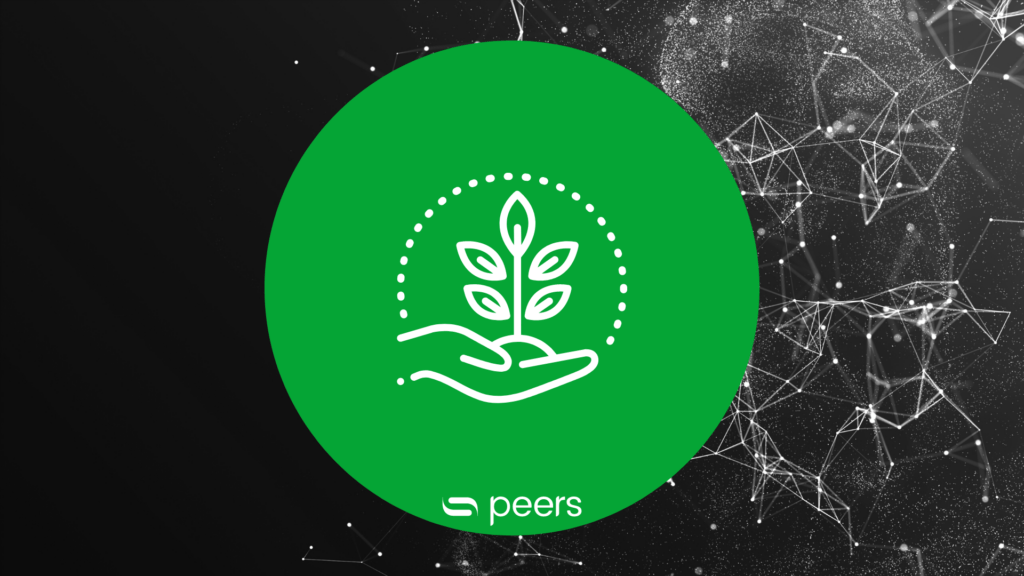What is Industry 4.0?
- Data Science, Industry 4.0
- digitalisation, industry 4.0, revolution
- 4 min reading time

Daniel Pellegrini
Definition of the term Industry 4.0
You are probably wondering where the term Industry 4.0 (I4.0) comes from and what is summarised under this term. I4.0 joins the great industries of the 19th and 20th centuries, although unlike its industrial predecessors, it does not make use of any concrete new technology:
Industry 1.0- Steam engine, coal mining, steel production, textile industry
Industry 2.0- rationalisation, business science, standardisation, mass markets
Industry 3.0- Information technology, automation, programming, controls
Industry 4.0- integration of semi-autonomous CPS, further development of I3.0
The term Industry 4.0 means that a fourth industrial revolution can be achieved through far-reaching digitalisation or digital transformation of all industrial production. Digitalisation is to be achieved by networking and merging new and existing technologies. This is an intelligent networking of machines, people and industrial processes.
"Industry 4.0" was first created as a term as part of the German government's high-tech strategy. The term "4.0" stands for the usual software version numbering. This creates a reference to the previous revolutions. Industry 4.0" also emphasises the great importance of a digital revolution. At first glance, the third and fourth industrial revolutions look alike. The difference, however, is that during the third industrial revolution in the 1970s, the computer was at the centre of attention, while Industry 4.0 focuses on the internet and the associated networking and use of big data for corporate decisions.
However, the term is also seen as critical because the terms Industry 1.0 - 3.0 were only created afterwards. Also criticised is the fact that a fourth industrial revolution was proclaimed before it had fully taken place.
The basic principles of Industry 4.0
People as well as objects, for example production machines, transport equipment or end products that are directly involved in production, are connected to each other in terms of systems technology. This also applies to all participants within the value creation process, for example manufacturers and suppliers, who are also networked with each other. The aim of networking is to ensure that all objects and production participants can react intelligently and exchange data with each other.
Transparency with regard to information, with the aim of mapping the real world virtually.
Enables problems to be solved quickly and informed decisions to be made.
Machines and manufactured end products should be able to communicate with each other through sensors and other communication technologies. In addition, the data will be transmitted to different IT systems, allowing various company departments to access it in real time.
What is the added value of Industry 4.0?
Self-optimisation, self-diagnosis and self-configuration and cognition represent automated processes to make decision-relevant data available. The aim is to create an intelligent, transparent network of data. The goal is to provide support for complex work steps that relieves or supports humans. The automatic processes are intended to increase the productivity of a company, while at the same time reducing costs and making production more flexible.
"Smart Factory" - The company of the future
Once Industrie 4.0 standards have been fully implemented in a company, the result is a so-called "smart factory" in which all machines control themselves independently and all processes within production are automated, even if the specified framework conditions change at short notice. The smart factory is controlled by self-optimizing algorithms in the sense of Industrie 4.0, whereas many companies today are still controlled centrally.
The technologies of Industry 4.0
In order to be able to carry out the basic principles of Industrie 4.0 already described, various technologies are necessary. Selected technologies are listed below:
For the transmission of data in real time, often no local network is used, but the internet. For example, via broadband connections or the 5G mobile network. LPWAN (Low Power Wide Area Networks), NFC (Near Field Communication) or RFID (Radio-Frequency Identification) are also used.
Artificial intelligence is needed for all autonomous procedures in the production process. Recurring situations and patterns are recognised autonomously and changes are made if necessary. This is of great interest to a company, for example in production planning or logistics.
Without robotics, production processes cannot be automated, whereupon the technology is particularly useful in Industry 4.0.
Since large amounts of data have to be processed and exchanged with each other in Industry 4.0, a cloud solution offers the advantage that the large amount of data cannot be stored internally, but can be accessed via the internet
As already described, in the context of Industry 4.0, all objects in the production process are equipped with sensors, which creates a large amount of data. Big Data helps to correlate and standardise the data. Later, various predictive analytics make it possible to create forecasts from the collected and processed data.
Cyber-physical systems are designed to link the real world with the virtual world, consisting of processes and objects. The objects in the production process are thereby given a second, digital identity - a so-called "digital twin". The advantage of this is that the objects in the production process can be digitally controlled, tested and optimized.
The age of Industry 4.0 began not so long ago, which means that it will take a long time before the term "smart factory" becomes widely accepted. It is not yet possible to predict when the fourth industrial revolution will have fundamentally taken place.
Know more?
Would you like to delve deeper into this topic? Then we would be happy to talk to you about it in person.
Get in touch with us!

Published by:

Daniel Pellegrini
SAP Analytics consultant

Daniel Pellegrini
How did you like the article?
How helpful was this post?
Click on a star to rate!
Average rating 5 / 5.
Number of ratings: 1
No votes so far! Be the first person to rate this post!

